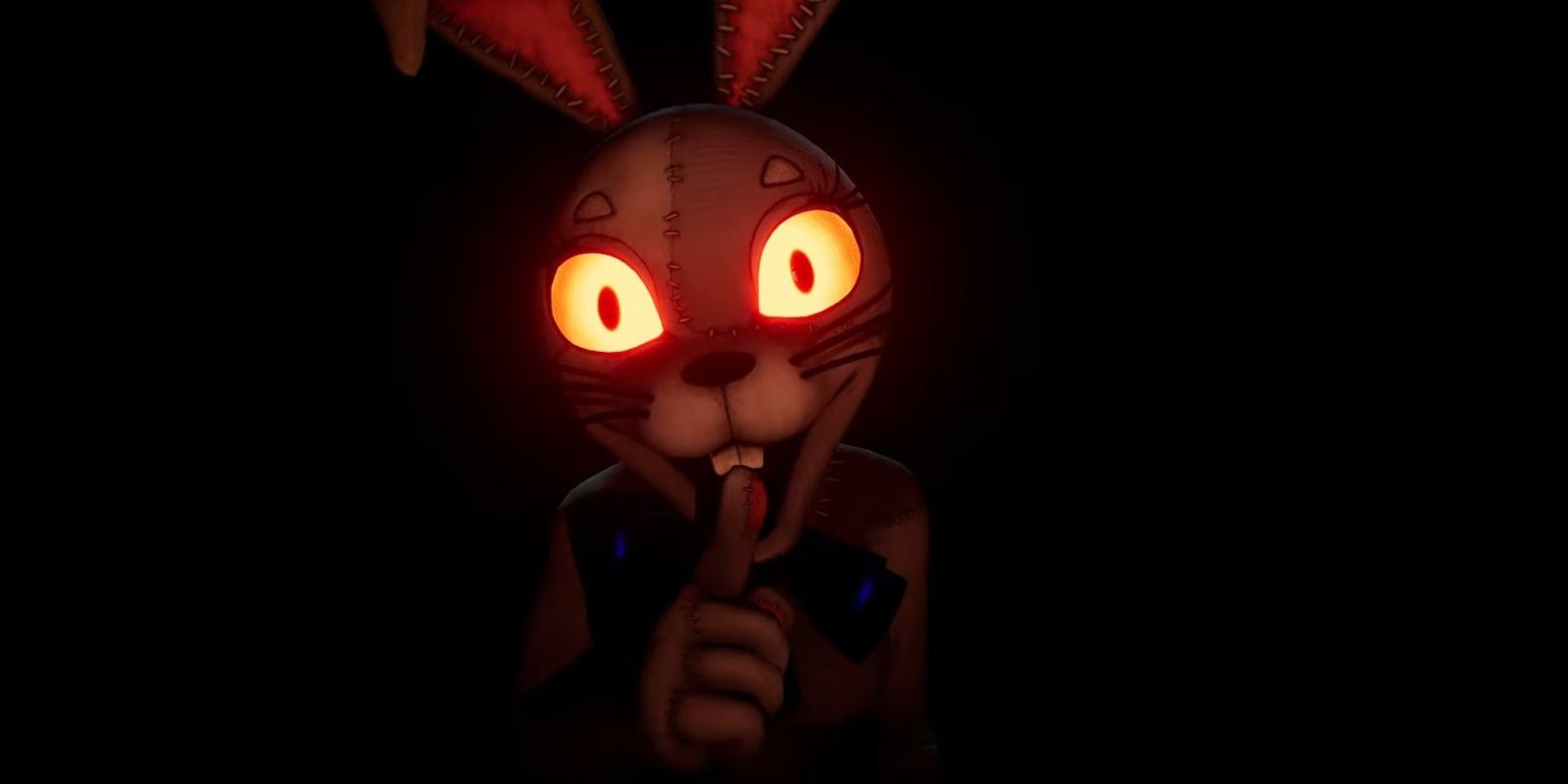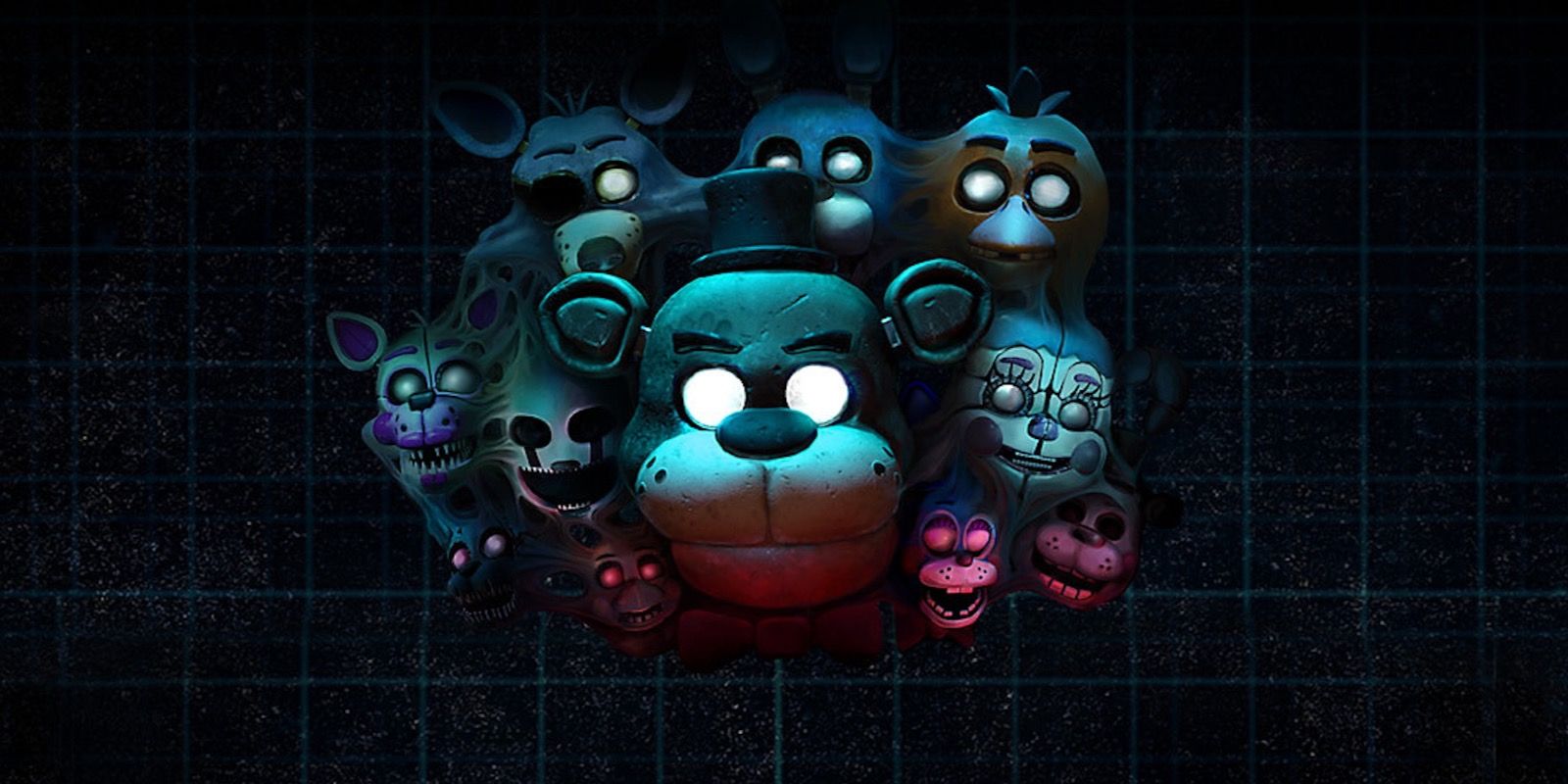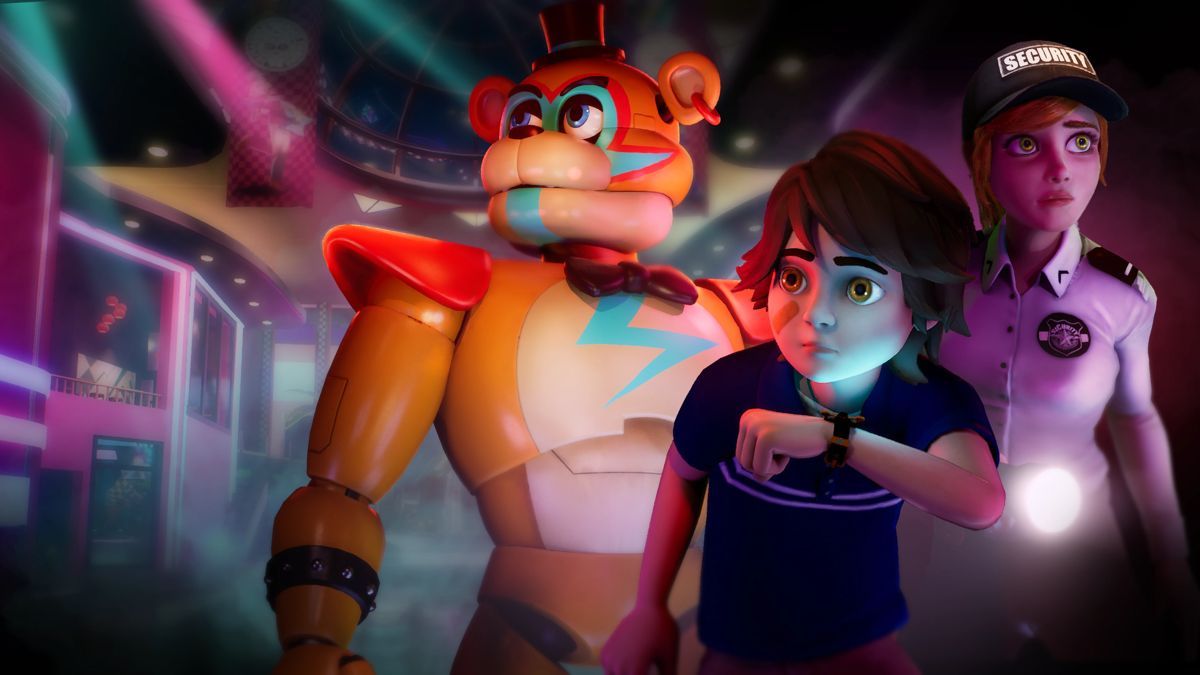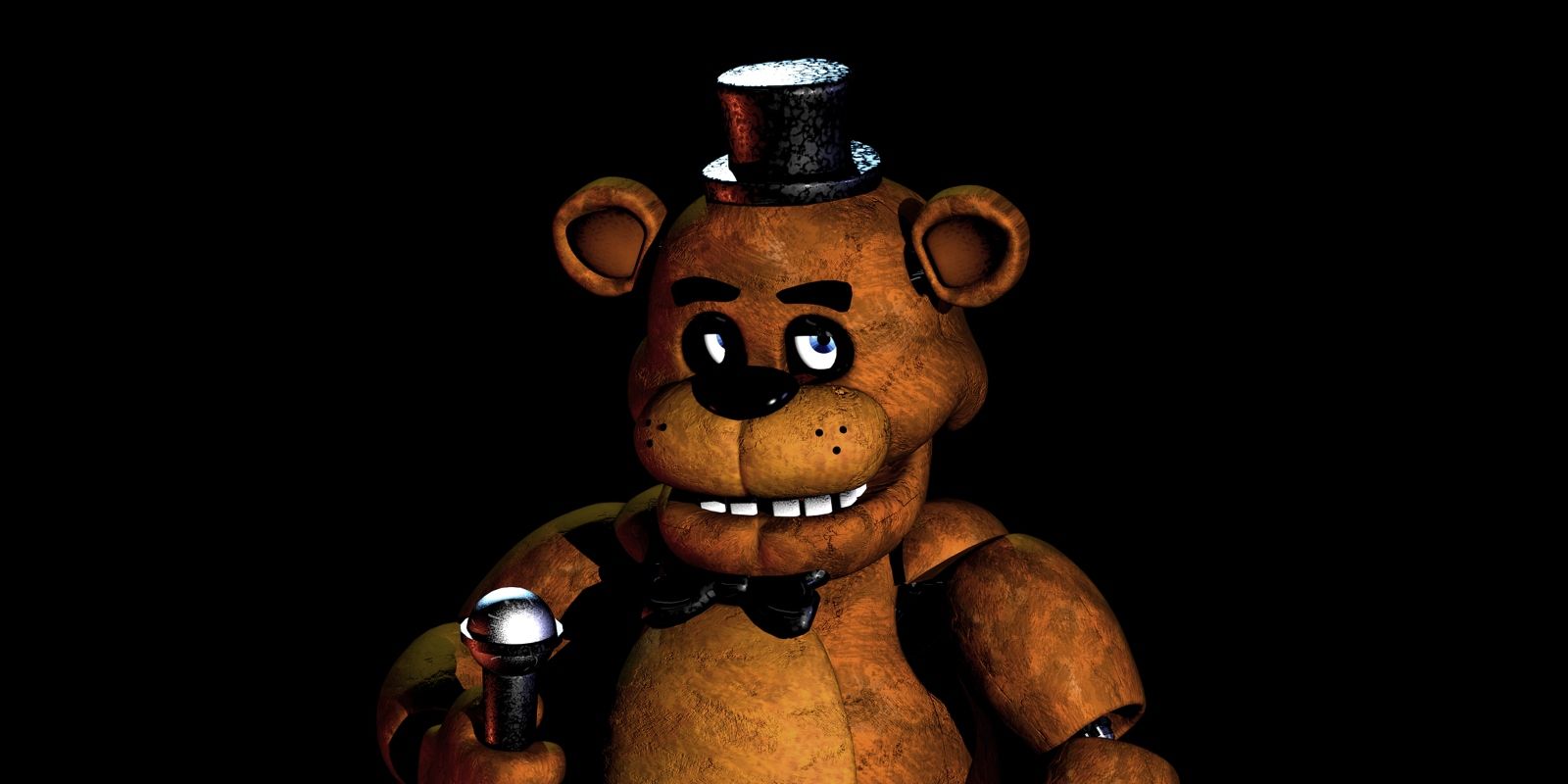In 2014, the first Five Nights at Freddy’s released and took the indie horror gaming scene by storm. FNAF quickly became a cult classic with a dedicated fan base, developing into a massive franchise with numerous books, sequels, and spinoffs. FNAF is easily one of the most popular modern horror series, and its bizarre and cryptic world has certainly left a mark on the indie horror genre.
FNAF’s success hasn’t only influenced its own sequels; its influence can be seen in many other indie horror games. Five Nights at Freddy’s was the beginning of a new wave of horror games, many of which adopted popular elements and design choices from FNAF. The franchise’s influence can be felt in any number of new horror games that have released in recent years, redefining the genre in a major way.
How FNAF Twists Childhood Symbols for Its Horror

One of the many reasons that FNAF is so popular is that it attempts to scare players in a unique way. Before FNAF, most horror games focused on typical sources of fear by having players be pursued by ghosts, zombies, demonic abominations, or psychotic serial killers. These are terrifying, but not surprising things to find in a horror game. FNAF chose to use a different type of creature to scare players.
The enemies in FNAF are animatronics animals that are meant to perform in a pizzeria for children. Freddy Fazbear, Chica, and Bonnie are the kind of characters that kids would find at Disney World or Chuck E. Cheese. This makes their inclusion in a horror game all the more terrifying, as it takes places and characters meant to bring happiness and twists them into horrific monstrosities. This style of horror not only makes FNAF unique, but also heightens the level of fear for the player. What was once cute, innocent, and friendly is now grotesque and villainous.
Other indie horror games have followed FNAF‘s lead, taking childhood toys, cartoons, and playgrounds and warping them in disturbing ways. Games like Tattletail and Hello Puppets! have the player hunted by monstrous toys. Bendy and the Ink Machine has a malevolent vintage cartoon come to life. The Park takes place in a sinister amusement park that hides dark secrets. FNAF inspired horror game developers to combine childhood fun with disturbing horror.
FNAF’s Cryptic Lore and Mysteries

Horror fans love a good mystery almost more than anything else. They enjoy diving into complicated lore to find answers to the unexplained things that happen in the story; the more convoluted the lore, the better. Fans use this information to create complete timelines, discover the origin of characters, and learn the cause of the game’s horrendous events.
FNAF has some of the most convoluted lore in all of gaming. Even fans of the series don’t truly know when the events of the different games take place or exactly which characters died. The smallest detail or choice of words could have major implications for the franchise. There are hundreds of hours of YouTube videos where fans theorize about possible answers to the series’ biggest questions.
Lore in video games isn’t anything new. Plenty of games add notes and audio tapes that give extra information or context. However, recent horror games have taken their lore to the next level. For instance, Poppy’s Playtime intentionally adds lore that raises more questions than answers, hinting at a larger universe that leaves plenty of room for fan theories and potential sequels.
FNAF’s Iconic Monsters and Enemies

The horror genre has always had iconic characters like Freddy Krueger, Micheal Meyers, and Chuckie. These characters are the face of their franchises and are the main selling point of their stories. FNAF does something very similar. Most horror games will use their protagonist as the face of their game, but FNAF uses its enemies, making them the true main characters of the story.
The indie horror games FNAF influenced have taken note of this design choice by purposefully creating memorable and marketable antagonists that draw in players and fans. Their villains are the main attraction of the games and are far more compelling than the playable character. Games like Bendy and the Ink Machine and Hello Neighbor are known for their mascots in the way Freddy Fazbear is a recognizable symbol of the FNAF series, which is a clear sign of just how influencial the franchise has been.
Read Next
About The Author

